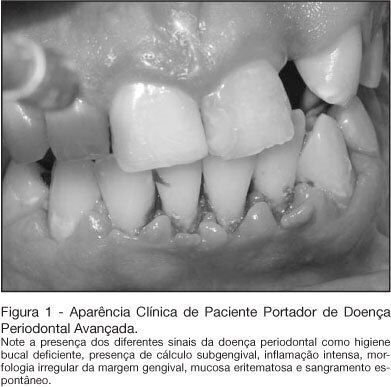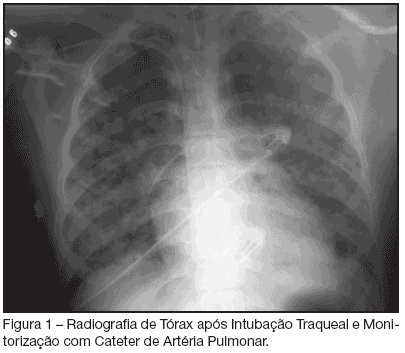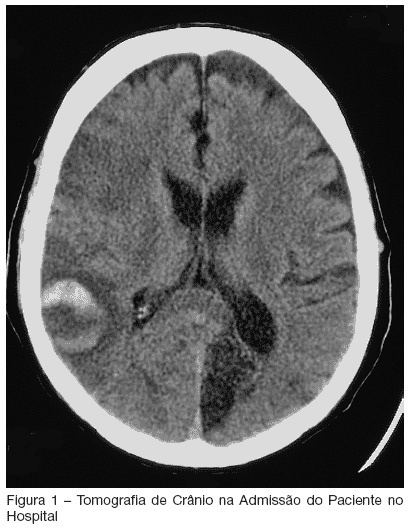Abstract
Rev Bras Ter Intensiva. 2006;18(4):412-417
DOI 10.1590/S0103-507X2006000400016
BACKGROUND AND OBJECTIVES: In the intensive care unit, the nosocomial respiratory infection is responsible for high rates of morbidity, mortality and expressive increase in hospitals costs. Its establishment feels more commonly by the aspiration of the content present within the mouth and the pharynx. Thus we intended to review the literature on the participation of the oral condition in the establishment of the nosocomial respiratory infection. CONTENTS: Deficient oral hygiene is common in patients under intensive care, which provides the colonization of oral biofilm for pathogenic microorganisms, especially for respiratory pathogens. The studies clearly show that the amount of oral biofilm in patients under intensive care increases according to period hospitalization meanwhile there also is an increase in respiratory pathogens. That colonizes the oral biofilm. This biofilm is an important resource of pathogens in patients under intensive care. CONCLUSIONS: In spite of well-established hypotheses that narrow down the relationships between lung infections and the oral condition, the studies are not still completely defined. However, due to strong possibilities that these hypotheses are true, it is necessary to have and maintain the oral health, in addition to more integration of dentistry and of Medicine, seeking patients' global treatment, the prevention of diseases, and more humanization at the intensive care unit.

Abstract
Rev Bras Ter Intensiva. 2007;19(1):113-117
DOI 10.1590/S0103-507X2007000100015
BACKGROUNG AND OBJECTIVES: Varicella is an exantematic disease caused by varicella-zoster virus. Varicella pneumonia complicated with acute respiratory distress syndrome (ARDS) is very rare in adults and is associated with high morbimortality. We report two cases of ARDS secondary to varicella-zoster virus pneumonia. CASES REPORT: We report two cases of ARDS and multiple organ dysfunction syndrome (MODS) secondary to varicella-zoster virus pneumonia. A 15-year-old man with human immunodeficiency virus (HIV) infection and a 29-year-old immunocompetent female were admitted in the ICU with primary varicella infection and pneumonia. Both cases progressed towards ARDS, severe thrombocytopenia and acidosis. In addition cardiovascular and renal failure occurred in the first and second patients, respectively. Treatment consisted of immediate administration of intravenous acyclovir and a lung-protective ventilation strategy. CONCLUSIONS: Both cases of varicella-zoster pneumonia, complicated with ARDS and MODS, had a favourable outcome.

Abstract
Rev Bras Ter Intensiva. 2007;19(1):118-122
DOI 10.1590/S0103-507X2007000100016
BACKGROUND AND OBJECTIVES: Critically ill patients represent a population with multiple risk factors for aspiration. Features such as decreased level of consciousness, mechanical ventilation, and comorbities as stroke, correlate with this increased threat in intensive care unit (ICU) patients. Recognition of deglutition dysfunction may identify patients at high risk of aspiration, and thereby help to avoid pulmonary complications such as recurrent pneumonia. The goal of our report is show a severe case of recurrent aspirative pneumonia after acute stroke and intubation, alerting to appropriate diagnosis and treatment of this condition. CASE REPORT: A male patient, 57 year old, was admitted to the hospital because of acute stroke. Ten days later, the patient began to have fever and severe shortness of breath. He was admitted to the ICU necessitating of intratracheal intubation. Four days after intubation he was extubated, however, he had a new aspirative pneumonia in ICU, newly treated. An evaluation of swallowing demonstrated a severe deglutition dysfunction with a high risk of aspiration. The patient was transferred, but aspirative pneumonia was diagnosed eight days after his ICU discharge and he was readmitted, stayed for a long time in ICU and presenting severe morbidity. CONCLUSIONS: ICU patients who are at risk for swallowing dysfunction and aspiration should be identified to prevent their associated morbidity and mortality.
